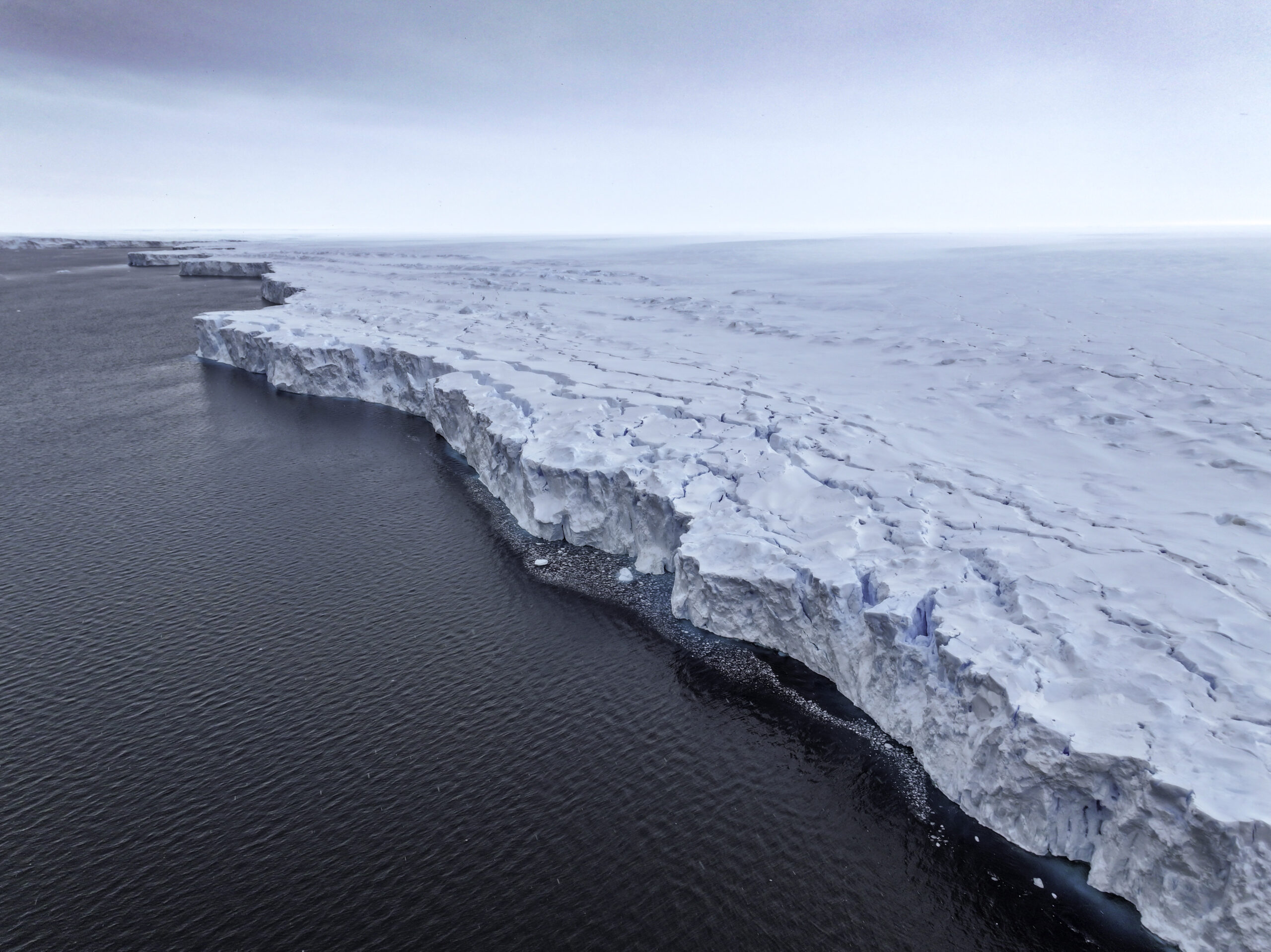Protect Antarctica to keep Earth habitable, scientists warn
Antarctica may feel distant, but its fate is deeply tied to ours. In a new Nature comment article, leading Antarctic scientists – including ACEAS Director Professor Matt King and colleagues from University of Tasmania, CSIRO and University College London – have sounded the alarm that urgent action is needed to protect Antarctica from accelerating threats, or risk triggering irreversible global consequences.
The world’s climate safety net
Antarctica is the world’s climate safety net. Its vast ice sheets lock away over 90% of Earth’s surface freshwater, and the Southern Ocean surrounding it absorbs around 40% of human carbon dioxide emissions. These natural processes regulate global sea level, ocean circulation and climate stability. But as human-driven warming intensifies, Antarctica’s ability to perform these vital roles is rapidly unravelling.
Antarctica’s vital signs showing signs of degradation
The article highlights mounting evidence that Antarctica’s vital signs are showing signs of degradation: retreating ice sheets in both West and East Antarctica, record-low sea ice, weakening ocean circulation, and ecosystems under stress. Krill – a keystone species – are declining in some regions, with cascading impacts on penguins, seals and whales. On land, invasive species and fast-spreading vegetation are transforming once-fragile environments. Pollutants, from hydrocarbons to microplastics, are now widespread.
These threats do not act in isolation. They interact, amplifying the risk of tipping points. The loss of ice, for example, can disrupt ocean currents, fuelling further warming and threatening global food webs.

Strategies and solutions moving forward
Importantly, the article does not stop at warnings – it also provides strategies and solutions. These include strengthening Antarctic governance, with faster international decision-making and stricter limits on human activity such as tourism and fishing. The authors also call for better monitoring systems to detect early warning signs of change, and recognition of the immense economic value of Antarctica’s ecosystem services estimated at more than US$180 billion per year.
Above all, the article underscores the urgency of cutting greenhouse gas emissions to address the root cause of warming. Protecting Antarctica is protecting ourselves – without decisive action, the authors warn the continent’s unravelling will accelerate planetary meltdown.
Read more
Read the Comment article in Nature here.
Subscribe to our newsletter
For more Antarctic news and stories, subscribe to our mailing list here.


